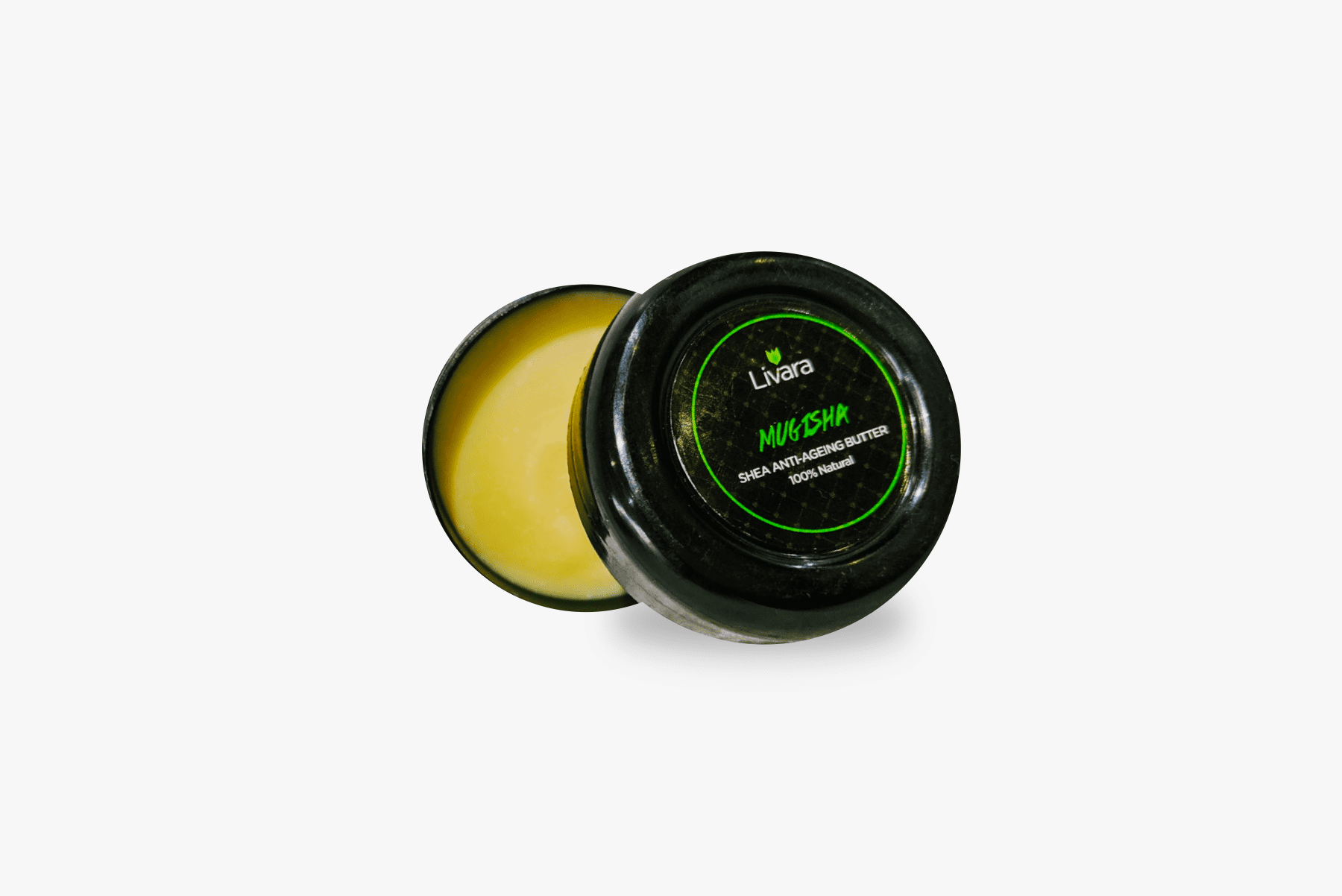- Support 24/7
- +1 (480) 468-4543
- livara@mylivara.com
Does Black Skin Really Age Slower?

The Easiest Way To Refresh Your Natural Mini Twists
May 13, 2023Oily Skin: Myths vs Facts
May 17, 2023Ever heard the saying, “black don’t crack“? The Black-American idiom is rooted in the belief that people of African descent rarely really look their age. And yes, for the most part, Black people do age exceptionally well.
The phrase has plenty of anecdotal evidence to back it up too: Gabriel Union is flawless at 50 without cosmetic surgery, and we all know a number of African moms who doesn’t seem to age.
Beyond its metaphorical value, the idiom is rooted in science. Extensive studies show that it may take 10 years or longer for darker skin to show signs of ageing than lighter pigmented skin types. Here’s why:
What is ageing?
Ageing is an inevitable part of life. It’s a natural process that occurs over time, as our body’s tissues and cells break down, resulting in visible signs of ageing such as wrinkles, sagging skin, and age spots.
However, ageing isn’t always a one-size-fits-all process, with skin types differing in their appearance and rate of ageing. Read on as we explore why darker skin types may age slower compared to lightly pigmented types.
Types of ageing
The aging process can be categorized into two types – intrinsic and extrinsic ageing. Intrinsic ageing occurs naturally within the body and is a result of genetics and cellular activity. It includes decreased production of collagen and elastin, which are essential proteins for skin elasticity and suppleness, resulting in fine lines, wrinkles and thinning of the skin.
Extrinsic ageing is caused the external factors that can contribute to ageing such as UV radiation, pollution, and lifestyle choices like smoking, poor diet, and stress. These external factors contribute to signs of ageing like pigmentation and skin sagging.
Why darker skin types age differently
It is essential to note that people of different ethnicities age differently. While it’s difficult to say who will age faster than the other, there is growing evidence that suggests darker skin types tend to age slower than lighter skin types. This is primarily due to differences in melanin production.
Melanin is the pigment responsible for skin color and helps protect against the damaging effects of UV radiation. This pigment is produced in different concentrations, depending on an individual’s skin color. People with darker skin have higher levels of melanin, which provides natural protection against the harmful UV radiation.
With less exposure to the damaging effects of UV rays, skin collagen and elastin tend to break down slower, thus slowing down the aging process.
Researchers also noted that skin of color is less susceptible to sun-induced damage. As a result, clinical manifestations of aging are less severe and typically occur 10 to 20 years later than those of age-matched white counterparts.
Aging eventually happens
Even though people with darker skin may have less visible signs of aging, they are not immune to the aging process. Everyone will start to notice changes in their skin as they get older.
Anti-ageing treatments
While ageing is inevitable, there exist treatments that can slow down the process. A number of anti-ageing creams contain ingredients like vitamin C, hyaluronic acid, AHAs, and retinoids. These ingredients help keep the skin looking plump and vibrant as you grow older.
When should you start anti-ageing treatments? Some experts recommend starting as early as their 20s. This does not, however, imply that those who are in their 20s must buy a specific anti-wrinkle cream.
Without carrying the anti-ageing label, many skin care products contain active chemicals that assist to brighten and plump the skin.
Along with wrinkles, older people can develop skin issues like dry skin, itching and age spots. Regular moisturizing helps ease skin irritation, and daily use of a sunscreen can shield the skin and stop age spots.
Additionally, giving up habits like smoking, over drinking, poor diet and things that cause you stress can play a role in reducing early signs of ageing.
Livara’s Mugisha Anti-Ageing Butter

Livara’s Mugisha is made with is a special blend of virgin coconut oil, pure unrefined shea butter, moringa oil and has recently been improved with almond oil.
Incorporating natural ingredients into your daily skincare routine can significantly reduce the effects of ageing and keep your skin looking young.
Take away
Everyone ages, but it’s clear that darker skin types tend to age slower due to differences in melanin production.



